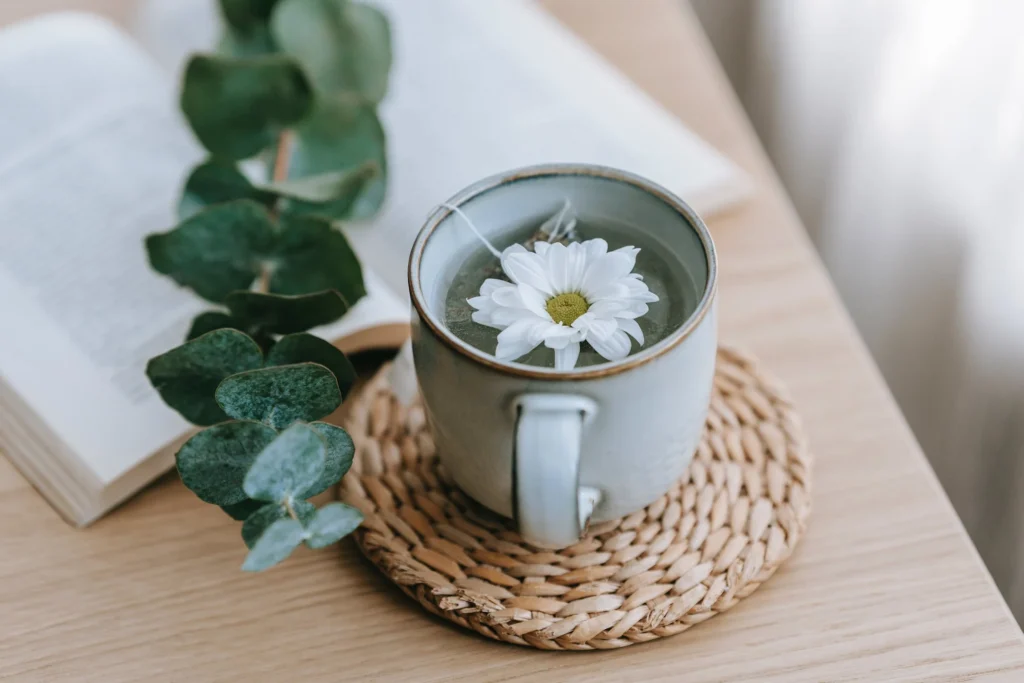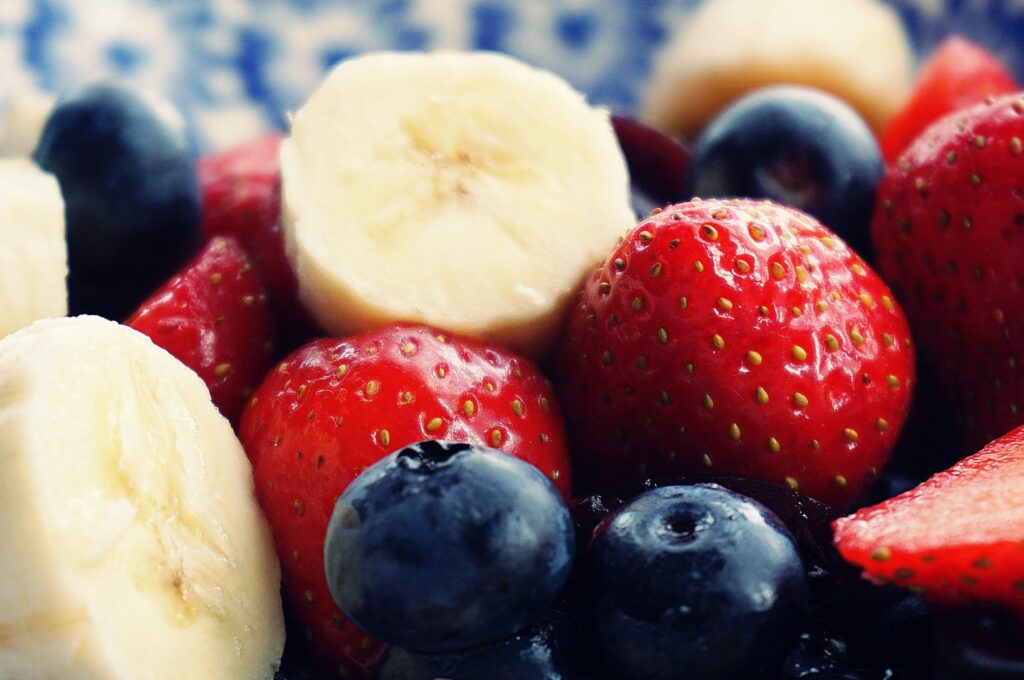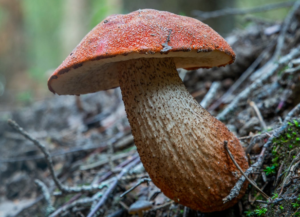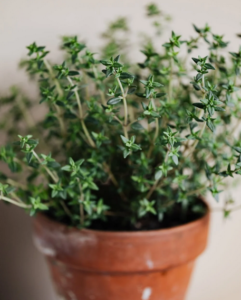Today we are going to discuss a beverage that’s as common as water in many parts of the world and might have been the last beverage you enjoyed before reading this – tea.

Yeah, I know the coffee drinkers reading this are spit-taking. But given that tea is more widely accessible and affordable in many parts of the world it felt like a good idea to shed some light on this too. We’re talking about the kind of tea that most people consume daily, often without a second thought.
The Dark Side of Conventional Tea
Conventional tea, especially in tea bags, often contains more than just tea leaves. Pesticides, artificial flavors, and even microplastics have been found lurking in your cup. These unsavory additives can lead to various health concerns, from digestive problems to allergies. But let’s not stop there; let’s talk about aging. Pesticides have been shown to induce aging in medical research.
The process of oxidation, which conventional tea undergoes, produces free radicals. These molecules are notorious for accelerating the aging process and contributing to a host of age-related diseases. Like it or not, even if you’re sipping tea sip by sip, you are aging faster than you should, which is not good.
Enter Organic Tea

Returning to organic tea, what sets it apart? It’s simple – it’s clean. Organic tea cultivation excludes the utilization of synthetic pesticides and harmful chemicals. There are no toxins, no harmful residues, just pure, unadulterated tea leaves. Organic tea grows without relying on synthetic pesticides and harmful chemicals, guaranteeing a pure cultivation process. This results in the absence of toxic substances and the elimination of harmful residues, leaving you solely with the essence of unadulterated tea leaves.
Anti-Aging Antioxidants Found in Organic Tea

Organic tea, particularly green tea, is rich in antioxidants like catechins. Catechins have a strong ability to neutralize harmful molecules called free radicals. Free radicals are unstable atoms or molecules that can cause oxidative stress in the body, leading to cell damage and various health problems. These little heroes neutralize free radicals, potentially slowing down the aging process and reducing the risk of chronic diseases. It’s like a natural elixir for your body. It improves gut bacteria thus improving your gut health too.
A Sip of Vitality
Not only does organic tea offer anti-aging benefits, but it also supports overall health. It can aid in weight management, boost metabolism, and improve cardiovascular health. The catechins that we discussed earlier are known to prevent infectious diseases and even help heal from them. Plus, it’s a source of natural caffeine for an energy kick without the jitters.
Types of Organic Tea
Now that we’ve explored the numerous benefits of organic tea, let’s delve into the diverse world of organic tea varieties and what sets them apart. Each type of organic tea offers a unique flavor profile, aroma, and set of health benefits, making it a matter of personal preference.
Green Tea
Known for its fresh and grassy flavor, green tea is packed with antioxidants, making it a popular choice for its potential health benefits. It’s often enjoyed for its ability to boost metabolism and support weight management. However, some may find its taste a bit bitter if over-brewed.

Green Tea
With a robust and bold flavor, black tea is favored by those who appreciate a full-bodied brew. Organic black teas like Darjeeling boast unique muscatel notes, but they can have a higher caffeine content compared to other teas, which may not be suitable for those looking to reduce caffeine intake.

Herbal Tea
Herbal teas encompass a wide range of flavors and health benefits. Whether it’s soothing chamomile or invigorating peppermint, these caffeine-free options cater to various tastes and purposes. However, the effectiveness of herbal teas for specific health concerns may vary.

Oolong Tea
Oolong tea strikes a balance between green and black tea, offering a complex flavor profile. Varieties like Tie Guan Yin feature floral notes and may aid in digestion. Keep in mind that the taste can vary significantly among different oolong teas.

Pu-erh Tea
Pu-erh tea stands out with its earthy richness and the ability to improve in flavor over time, much like fine wine. Some appreciate its unique aging process, while others may find its taste acquired. It’s also notable for its potential digestive benefits.

So, there you have it – the unvarnished truth about tea. Conventional tea may be a familiar friend, but it’s not always a healthy one. If you’re looking to take a step towards a healthier, more vibrant life, consider making the switch to organic tea. It’s a small change that can yield significant results.





